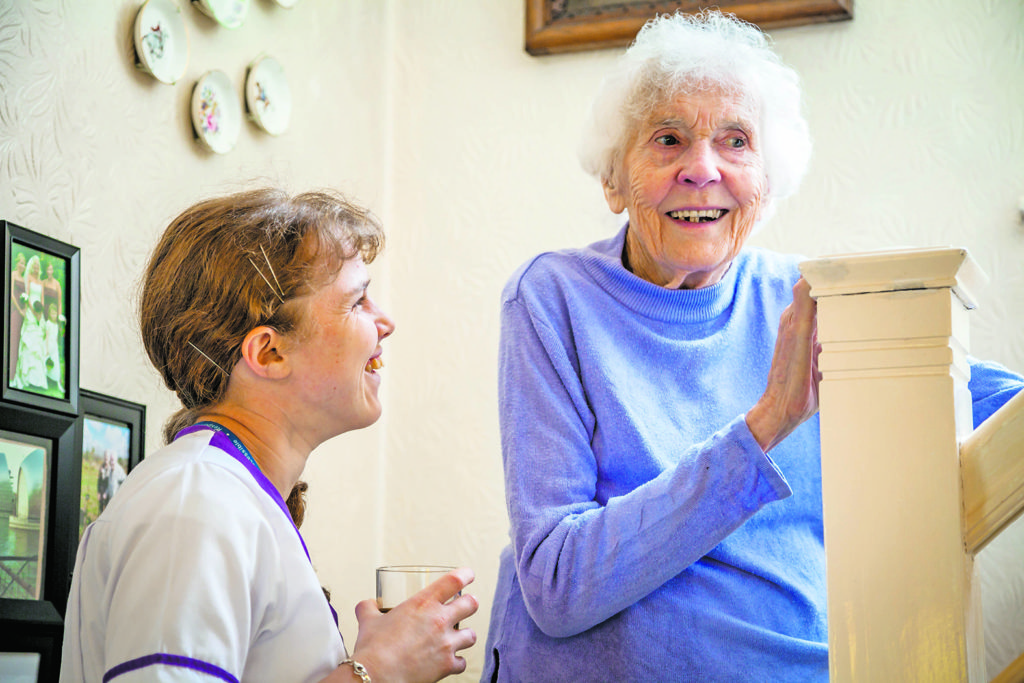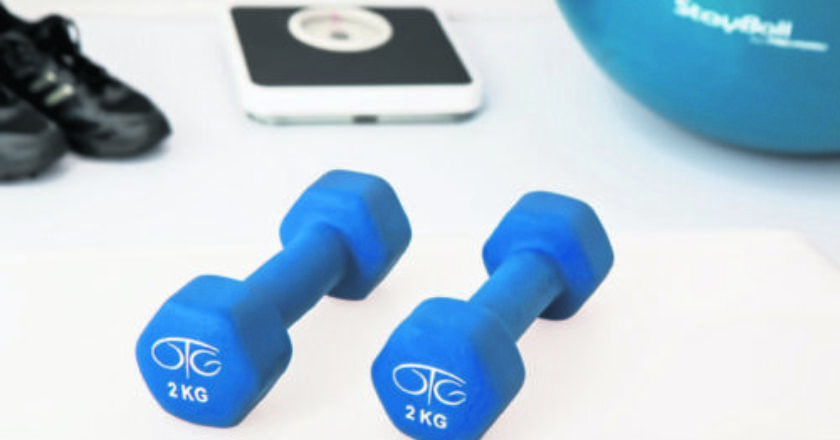In May 1989, Mary Lee founded a small company dedicated to providing a personal and person-centred care service in Alcester, enabling its customers to remain in the comfort of their own home while still receiving the support that they needed.

Since then, Helping Hands has opened 97 branches across the UK alongside a dedicated Support Centre in the small Warwickshire town it was founded. With an exceptional level of carer training and a team of dedicated clinical nurses and dementia specialists, Helping Hands is the only homecare provider that has been endorsed as a Centre of Excellence by Skills for Care, as well as being fully licensed by the Care Quality Commission (CQC).

Whether you need a 30-minute drop-in to help you prepare your meal, or more complex and intensive support that involves overnight or live-in care, the Helping Hands team will provide you with a dedicated support plan that is tailored to you and your individual needs. Regardless of your requirements, the carers at Helping Hands are fully trained and experienced in supporting a range of conditions including cerebral palsy, ADHD and neurological conditions such as MS and motor neurone disease.

Helping Hands is also one of the UK’s leading dementia care specialists, offering extensive knowledge in dementia care and fully-trained carers to support you and your loved ones while enabling you to remain comfortable in the familiarities of your own home.
Since it was founded 30 years ago, Helping Hands remains a family-run business that is now managed by Mary’s sons, Tim and Ben. When asked about the progress of Helping Hands in the industry, Mary said: “I started Helping Hands as I believed there was a gap in care for the community that social services could not provide. I had no idea we would grow to such a large caring family.”



